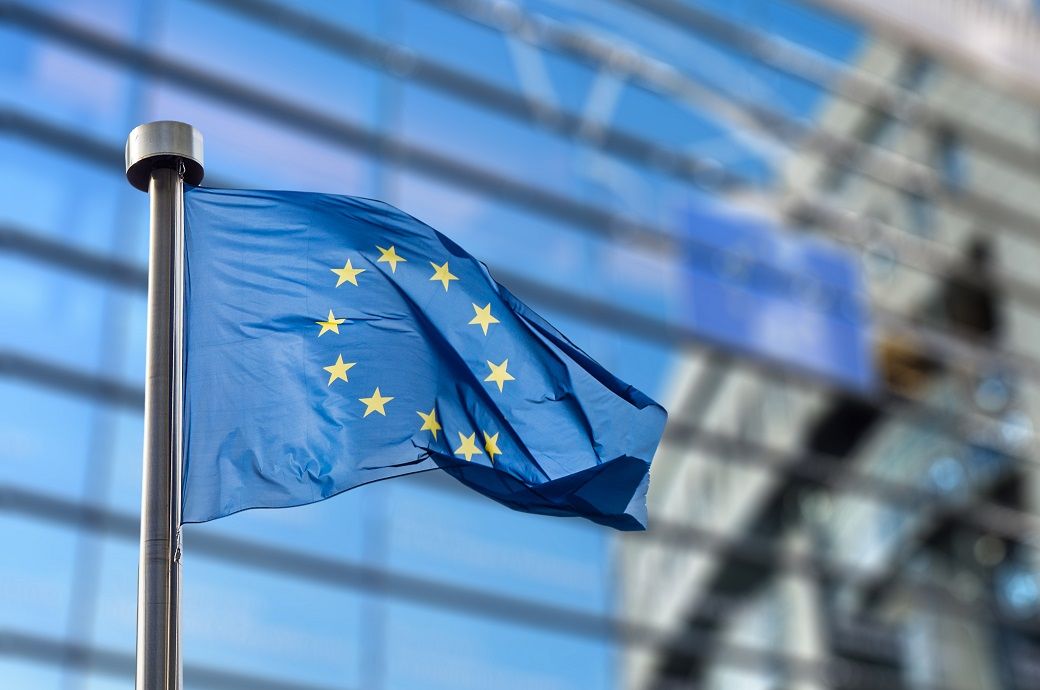
The directive will set obligations for large companies regarding actual and potential adverse impacts on human rights and the environment, with respect to their own operations, those of their subsidiaries, and those carried out by their business partners.
It lays down rules on obligations for large companies regarding actual and potential adverse impacts on the environment and human rights for their business chain of activities which covers the upstream business partners of the company and partially the downstream activities, such as distribution or recycling.
It also lays down rules on penalties and civil liability for infringing those obligations. It requires companies to adopt a plan ensuring that their business model and strategy are compatible with the Paris agreement on climate change, an official release said.
The agreement fixes the scope of the directive on large companies that have more than 500 employees and a net worldwide turnover of €150 million.
For non-EU companies, it will apply if they have a €300 million net turnover generated in the EU, three years from the entry into force of the directive. The Commission will have to publish a list of non-EU companies that fall under the scope of the directive.
The compromise struck today strengthens the provisions related to the obligation of means for large companies to adopt and put into effect a transition plan for climate change mitigation.
On civil liability, the agreement reinforces the access to justice of persons affected. It establishes a period of five years to bring claims by those concerned by adverse impacts (including trade unions or civil society organisations). It also limits the disclosure of evidence, injunctive measures, and cost of the proceedings for claimants.
As a last resort, companies that identify adverse impacts on environment or human rights by some of their business partners will have to end those business relationships when these impacts cannot be prevented or ended.
For companies that fail to pay fines imposed on them in the event of violation of the directive, the provisional agreement includes several injunction measures, and takes into consideration the turnover of the company to impose pecuniary penalties, i.e. a minimum maximum of 5 per cent of the company’s net turnover.
The deal includes the obligation for companies to carry out meaningful engagement including a dialogue and consultation with affected stakeholders, as one of the measures of the due diligence process.
Fibre2Fashion News Desk (DS)